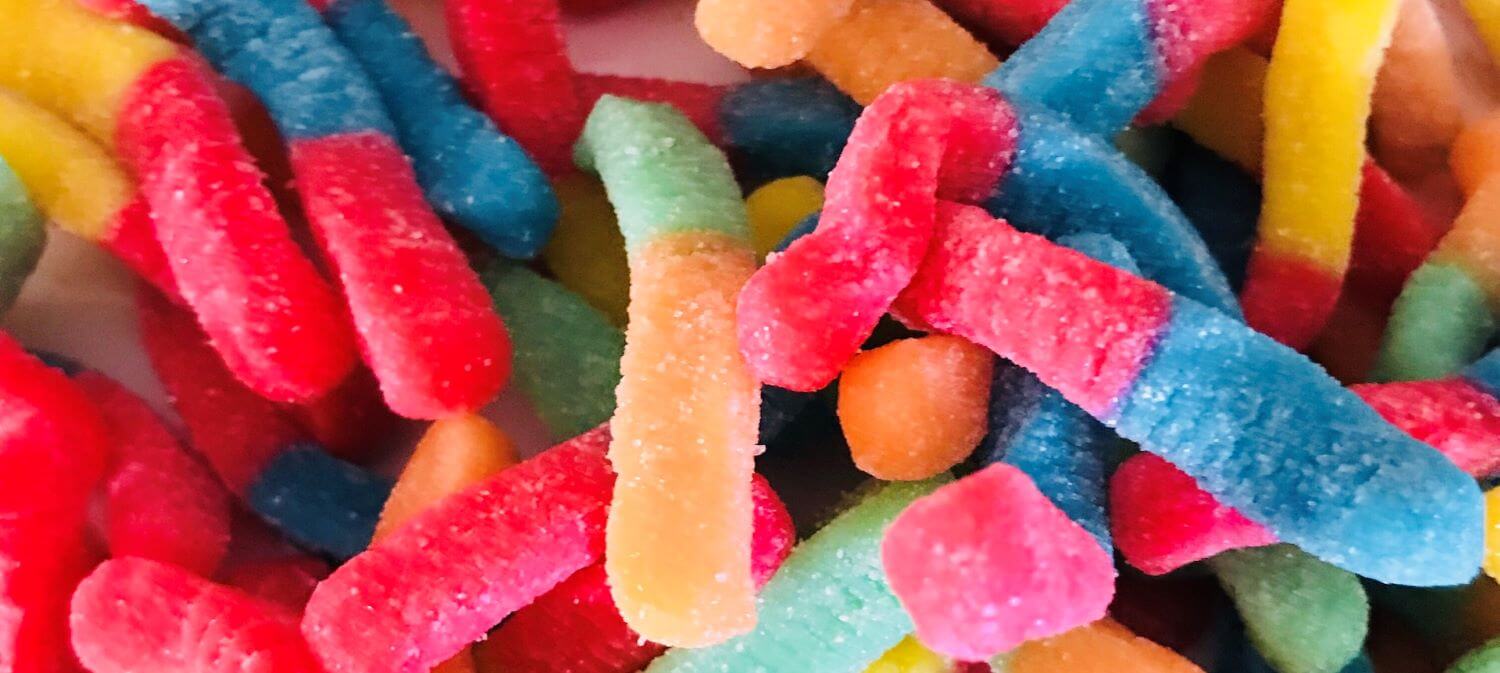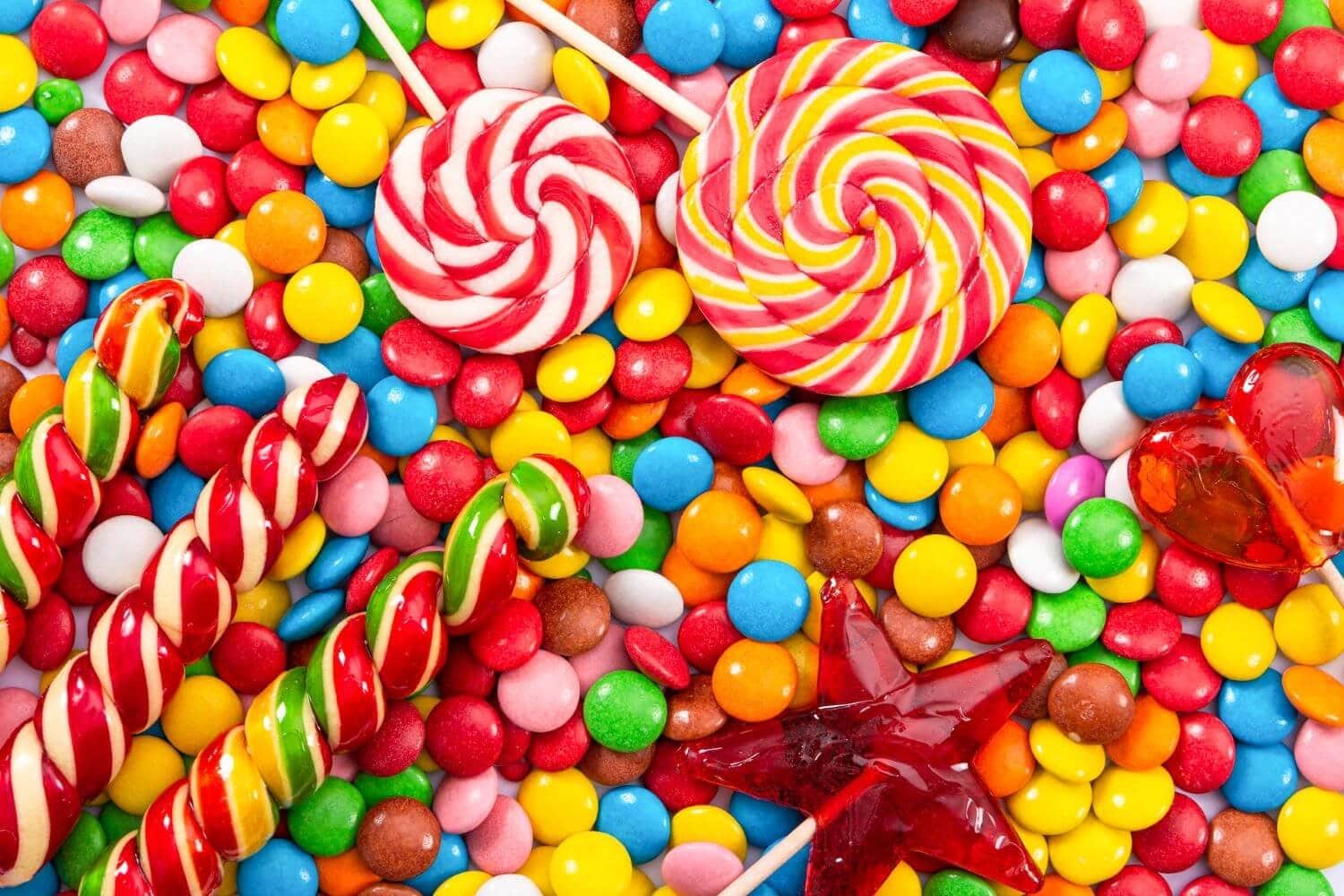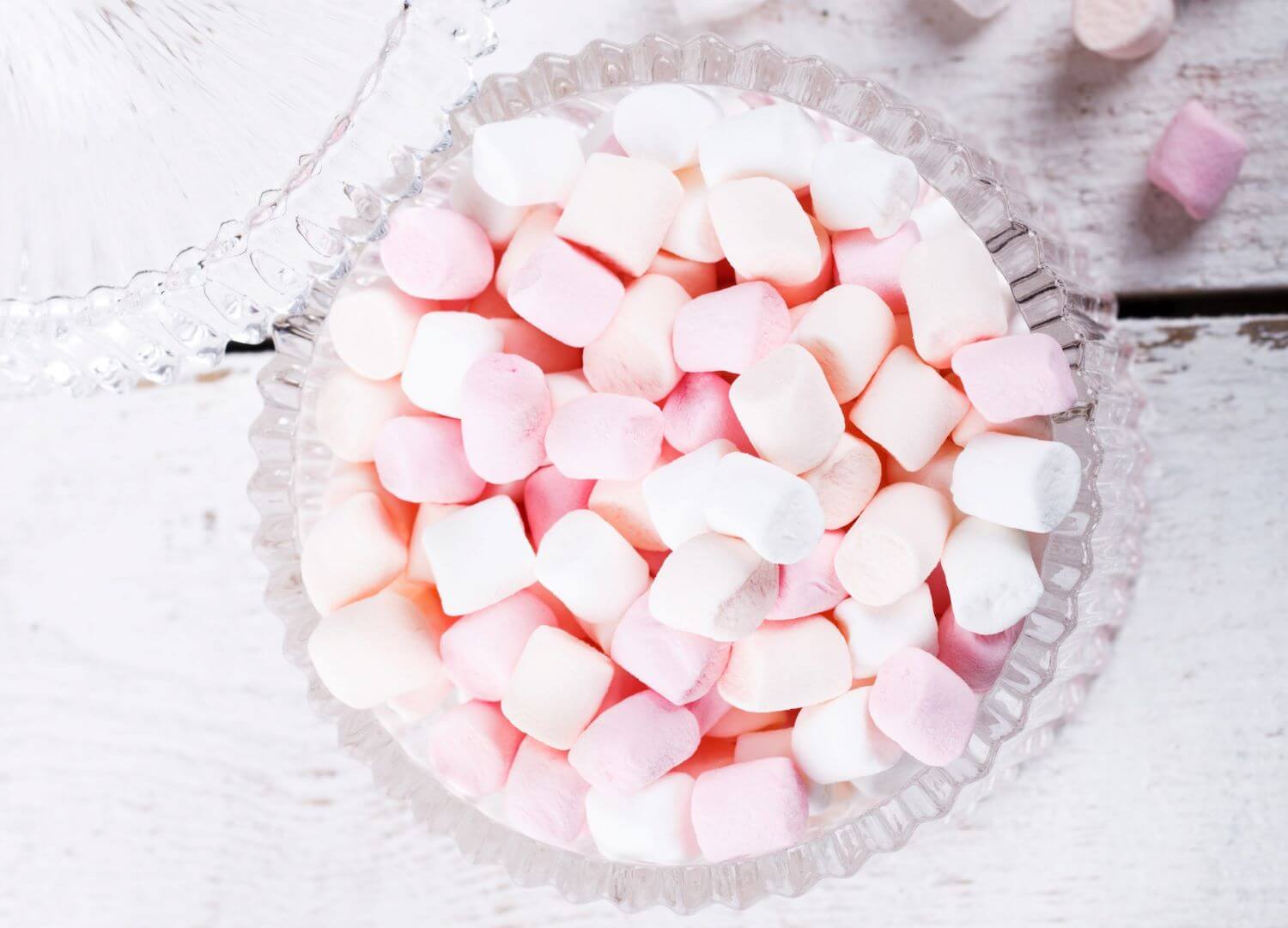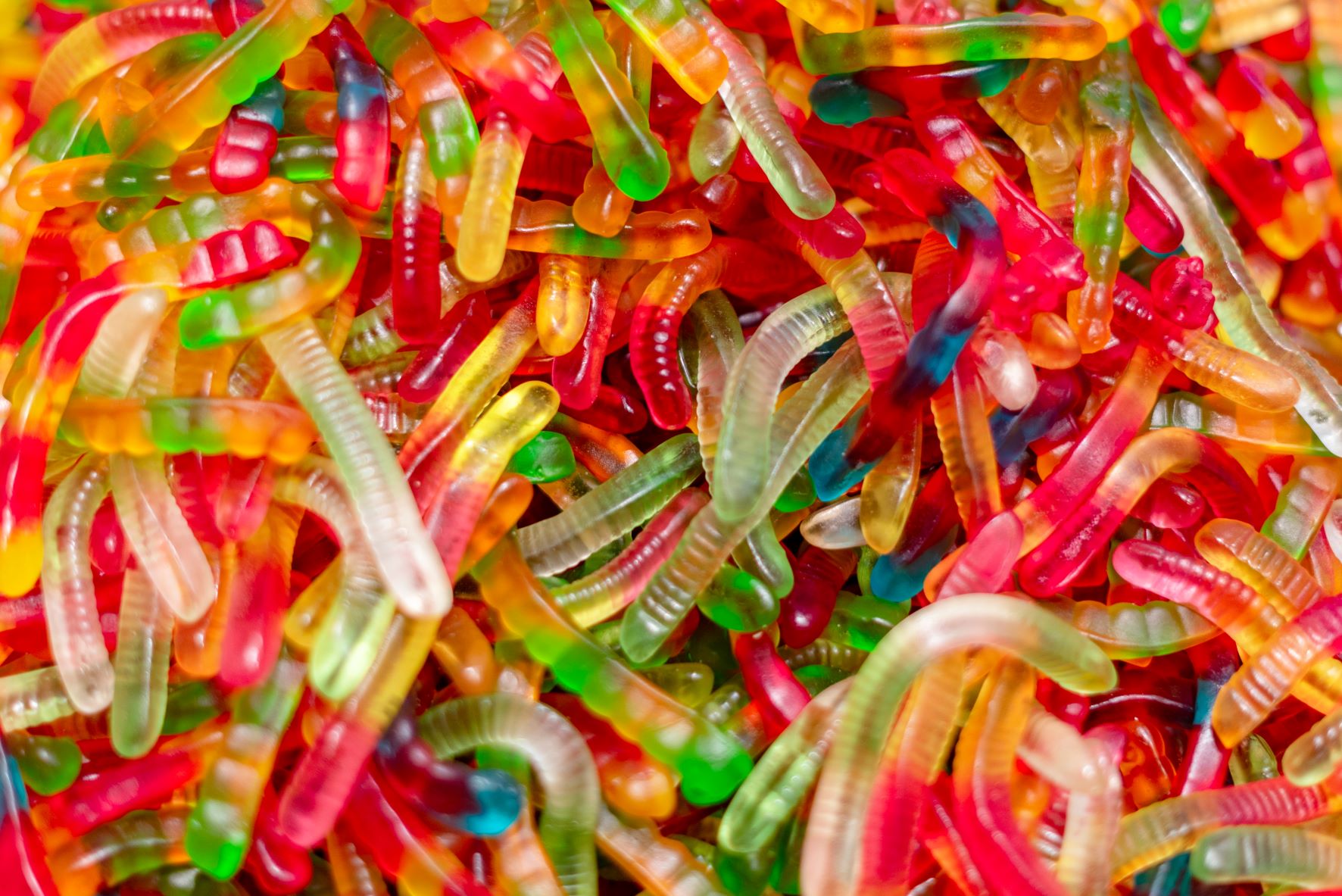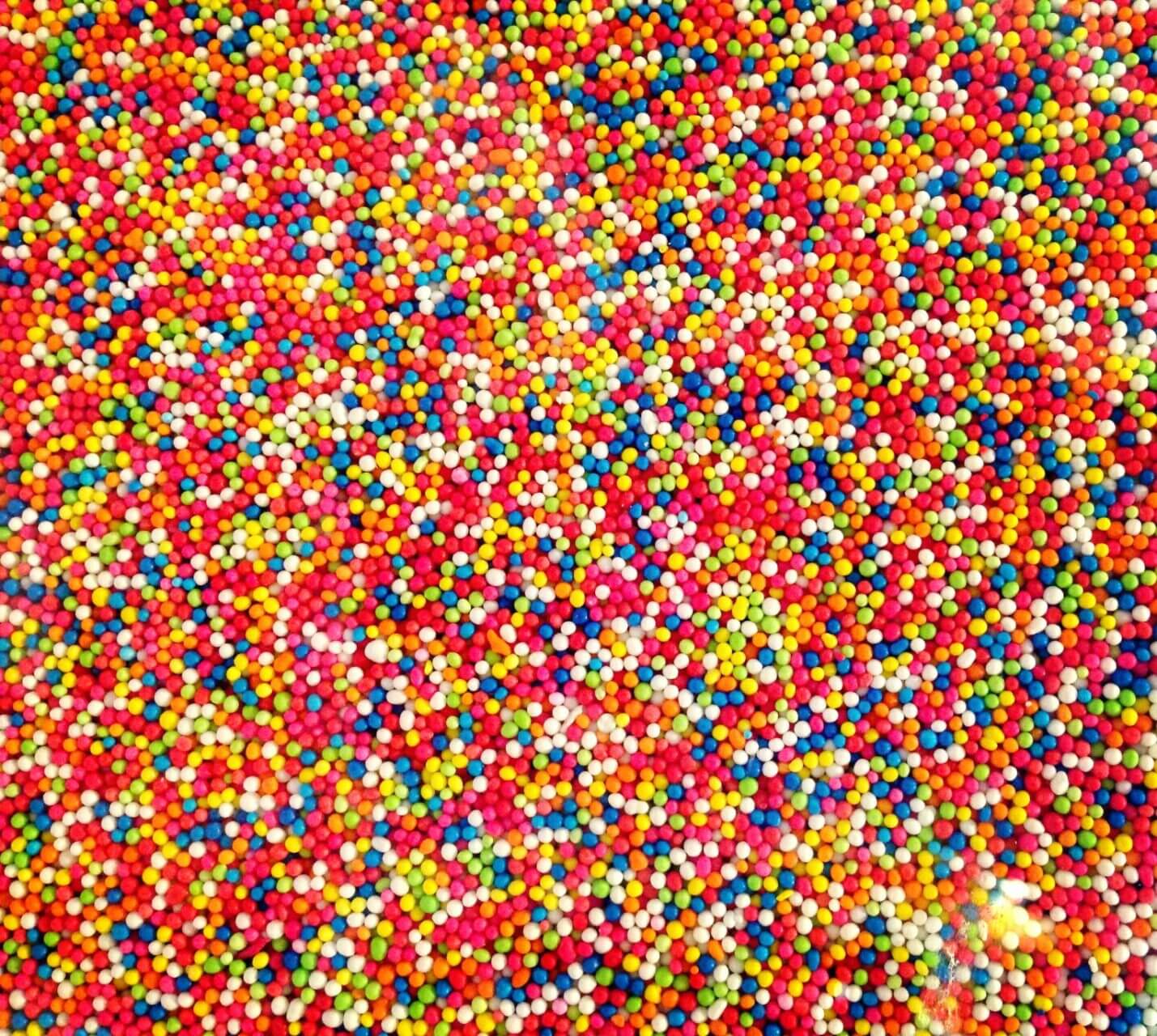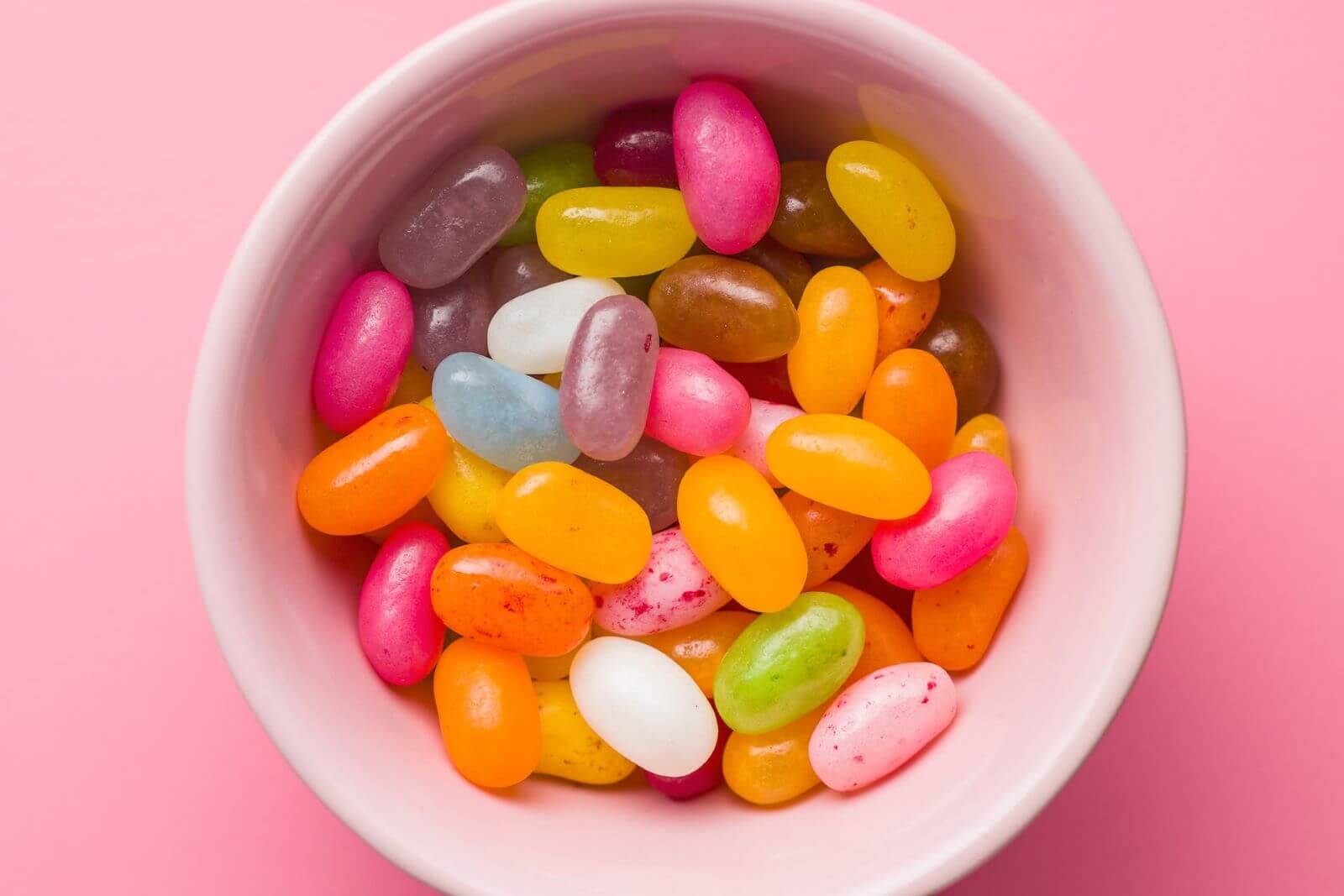Sour Sweets – What Makes Them Sour?
There are an enormous number of candy enthusiasts who flock to the mouth-puckering flavour of sour sweets. This sweet type has a vast variety, making it a classic for people who love a mild tartness or the intense taste of the sourest sweet. But have you ever wondered why sour sweets have a sour taste?
The sweets industry sells large quantities of sweets every day. Believe it or not, sour sweets make up a big chunk of that. Many people love the tartness and pucker of sour sweets, and it only takes a few steps to make them into the puckering sweets they are.
So what exactly is the process behind sour sweets? If this is a question you have ever wondered, then be ready to find the answers!
Most Common Types Of Sour Sweets
When you think of sour sweets, the first thing that might pop into your mind is hard sweets. You might not know it, but there is a whole world of possibilities for sour sweets. The most common types of sour sweets are in three different categories:
These categories allow for a variety of sour-blasting flavours.
How Are Sour Sweets Made?
Typically, sour sweets are made when the outside of the sweet is coated in a fruit-flavoured product. This coating method is why you get that sour-then-sweet taste when biting into it.
This fruit-flavoured sweet is usually heated and then cool between a precise time frame and temperature. The process of cooling and heating then makes the molecular structure of the sweets moldable to the desired hardness or softness. However, with jellies and gummies, gelatine with sour sugar in a chewy form is used.
What Causes the Sour Flavour?
So you now understand how sour sweets are made, it’s time to learn what sour sweets are made from.
It can be noted that most sour sweets get their tartness naturally from the fruit flavour — like limes, lemons, raspberries, or green apples. The super sour taste that we are used to comes from a few different organic acids. Each one has its unique level of tartness and flavour profile.
Citric Acid
If you ever wonder what gives off a burst of tartness, then it is likely citric acid. Citric acid is derived from lemons, grapefruit, and other citrus fruits. As you can imagine, this is what causes the sour tang to many sour sweets.
You might not know that berries usually contain some citric acid, and it is also a secondary acid in some veggies. Microorganisms and fermented sugar are traditionally produced from food-grade citric acid. These microorganisms and fermented sugar help to prevent any spoiling and will stabilise the colour of the sweets.
Not only is citric acid good for our sweets, but it also is beneficial for our bodies. Citric acid is also an antioxidant and gives us a means of energy.
Malic Acid
The smooth and mellow taste you get when you bite into an apple is malic acid. Fruits like cherries, tomatoes, and apricots contain malic acid. When malic acid is used in candy, it helps to boost how intense the sour flavour is. A bonus is that it also will enhance the fruit flavour. Malic acid is just like citric acid in that it is produced in your body and helps with energy.
Fumaric and Tartaric Acid
The sourest-tasting acid is fumaric acid. In Sweets, fumaric acid will create a tart flavour that is long-lasting. This long-lasting effect is because fumaric acid doesn’t dissolve easily. A minimal amount of fumaric can be found in carrots, tomatoes, beans, and apples.
Tartaric acid is only moderately sour compared to fumaric but is more acidic than malic and citric acids. Tartaric, while often used in sweets, is also an ingredient in tartar sauce and baking powder.
Sour Sweets Have a Lower pH
Due to the pH Level in sour sweets, taste buds react by creating that tart flavour. PH level is usually determined by how acidic the item is and is on a logarithmic scale ranging from 1 to 14. The lower the number, the more acidic it is.
Likewise, the higher the number, the more essential it is. In the centre is 7, which is considered neutral.
It should be no surprise then that sour sweets typically have a pH level that can be relatively acidic. Some sour sweets have a pH of around 2.5 or 3!
Ready to Pucker Up?
If you’re looking for high-quality sweets, look no further than us at Sweet Factory. We deliver sweet treats right to your door, and our sweets are always backed by quality.
We even offer halal, vegan, and vegetarian treats, so no matter what diet you follow, there will be the perfect sweet for you (and your body!).
Check out our Range of Sour Sweets here — we’re sure to have something to satisfy any sweet tooth!
